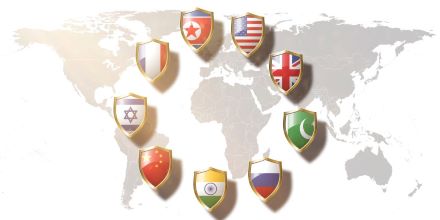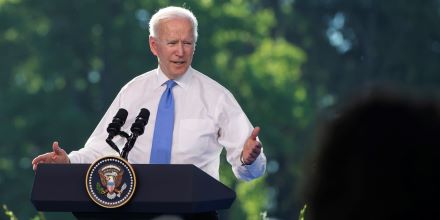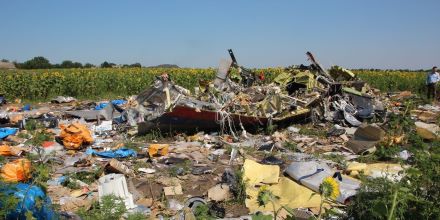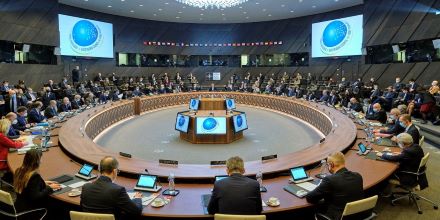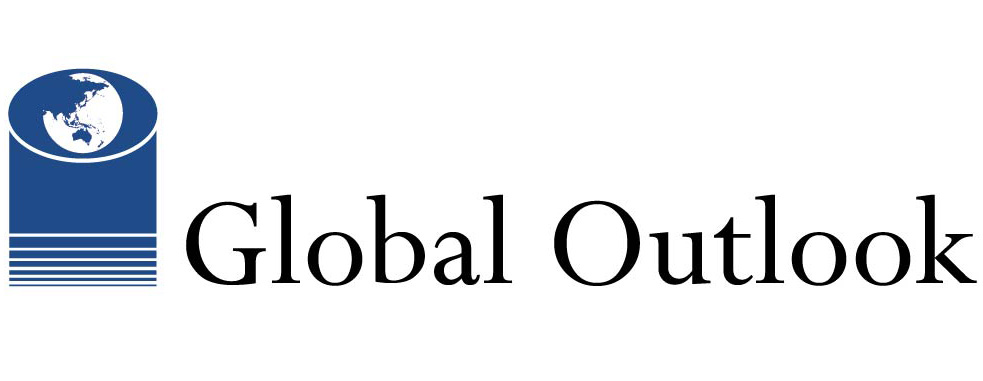
Curated expert opinion on intractable contemporary issues
Global Outlook: Cooperative Security, Arms Control and Disarmament
Ukraine Proves UN Cannot Singlehandedly Usher in a Nuclear-Weapons-Free World
By Thalif Deen | 28 April, 2022
The crisis in Ukraine has also revealed the UN's limitations in the "maintenance of international peace and security” as spelled out in the UN charter.
Russian and US Parallel Pathways to a Nuclear Conflict
By Ramesh Thakur | 07 April, 2022
In the 2020 election, President Donald Trump’s supporters looked beyond manifest character flaws to domestic and foreign policy results but opponents couldn’t overlook his character to assess any policy achievements. Joe Biden became president as much because Americans voted against Trump as for Biden The buyers’ remorse evident in opinion polls suggests that perhaps voters should have been careful what they wished for.
The Tale of Two Airlines, Iranian Air IR655 and Malaysian Air MH17, and Double Standards
By Ramesh Thakur | 23 March, 2022
While in Iranian territorial waters, USS Vincennes fired two surface-to-air missiles to bring down the Iranian plane with the loss of all 290 on board on 3 July 1988. The captain and crew of the Vincennes were later awarded medals. Vice President George H W Bush insisted he would ‘never apologise for the United States – I don’t care what the facts are’.
The Nuclear Weapons Prohibition Treaty: Future Prospects
By Kennedy Graham | 19 March, 2022
The First Meeting of the States Parties of the Treaty on the Prohibition of Nuclear Weapons TPNW (CMP-1) is scheduled for mid-2022. What does the future hold for this controversial instrument?
Putin’s Actions in Ukraine are Vile, But Russia was Sorely Provoked by NATO
By Ramesh Thakur | 15 March, 2022
Resorting to what President Barack Obama called the Washington Playbook of militarised response to a foreign policy crisis, Arta Moeini writes, the ruling elites in the West collude with the mainstream media in a Manichean framing that ‘redirects a natural reaction of sympathy felt by all into a moral outrage that insists on certain retaliation’. This doesn’t just enable, it ennobles the American war machine. For this to work, though, one’s own culpability in creating the crisis in the first place must be forcefully rejected.
Escalation and De-escalation in the Ukraine War
By Tobias Debiel and Herbert Wulf | 15 March, 2022
Since 2021, at the latest, there has clearly been a perpetrator for the escalation in the Ukraine conflict: Russia's President Vladimir Putin. By his belligerent and cynical war rhetoric, he has frustrated the possibilities for peaceful settlement. Not only is the demilitarisation of Ukraine being sought, but the country is even being denied its right to exist. Added to this is the bizarre notion of "denazification" and a hint of threatening nuclear escalation should the West stand in the way of the invasion. Putin escalated, operationally and rhetorically, when he alerted of the so-called deterrence forces and equated the West's sanctions with a declaration of war.
The views and opinions expressed in Global Outlook are those of the authors and do not necessarily reflect the official policy or position of Toda Peace Institute.
Ukraine Proves UN Cannot Singlehandedly Usher in a Nuclear-Weapons-Free World
By Thalif Deen | 28 April, 2022
The crisis in Ukraine has also revealed the UN's limitations in the "maintenance of international peace and security” as spelled out in the UN charter.
Russian and US Parallel Pathways to a Nuclear Conflict
By Ramesh Thakur | 07 April, 2022
In the 2020 election, President Donald Trump’s supporters looked beyond manifest character flaws to domestic and foreign policy results but opponents couldn’t overlook his character to assess any policy achievements. Joe Biden became president as much because Americans voted against Trump as for Biden The buyers’ remorse evident in opinion polls suggests that perhaps voters should have been careful what they wished for.
The Tale of Two Airlines, Iranian Air IR655 and Malaysian Air MH17, and Double Standards
By Ramesh Thakur | 23 March, 2022
While in Iranian territorial waters, USS Vincennes fired two surface-to-air missiles to bring down the Iranian plane with the loss of all 290 on board on 3 July 1988. The captain and crew of the Vincennes were later awarded medals. Vice President George H W Bush insisted he would ‘never apologise for the United States – I don’t care what the facts are’.
The Nuclear Weapons Prohibition Treaty: Future Prospects
By Kennedy Graham | 19 March, 2022
The First Meeting of the States Parties of the Treaty on the Prohibition of Nuclear Weapons TPNW (CMP-1) is scheduled for mid-2022. What does the future hold for this controversial instrument?
Putin’s Actions in Ukraine are Vile, But Russia was Sorely Provoked by NATO
By Ramesh Thakur | 15 March, 2022
Resorting to what President Barack Obama called the Washington Playbook of militarised response to a foreign policy crisis, Arta Moeini writes, the ruling elites in the West collude with the mainstream media in a Manichean framing that ‘redirects a natural reaction of sympathy felt by all into a moral outrage that insists on certain retaliation’. This doesn’t just enable, it ennobles the American war machine. For this to work, though, one’s own culpability in creating the crisis in the first place must be forcefully rejected.
Escalation and De-escalation in the Ukraine War
By Tobias Debiel and Herbert Wulf | 15 March, 2022
Since 2021, at the latest, there has clearly been a perpetrator for the escalation in the Ukraine conflict: Russia's President Vladimir Putin. By his belligerent and cynical war rhetoric, he has frustrated the possibilities for peaceful settlement. Not only is the demilitarisation of Ukraine being sought, but the country is even being denied its right to exist. Added to this is the bizarre notion of "denazification" and a hint of threatening nuclear escalation should the West stand in the way of the invasion. Putin escalated, operationally and rhetorically, when he alerted of the so-called deterrence forces and equated the West's sanctions with a declaration of war.
The views and opinions expressed in Global Outlook are those of the authors and do not necessarily reflect the official policy or position of Toda Peace Institute.
